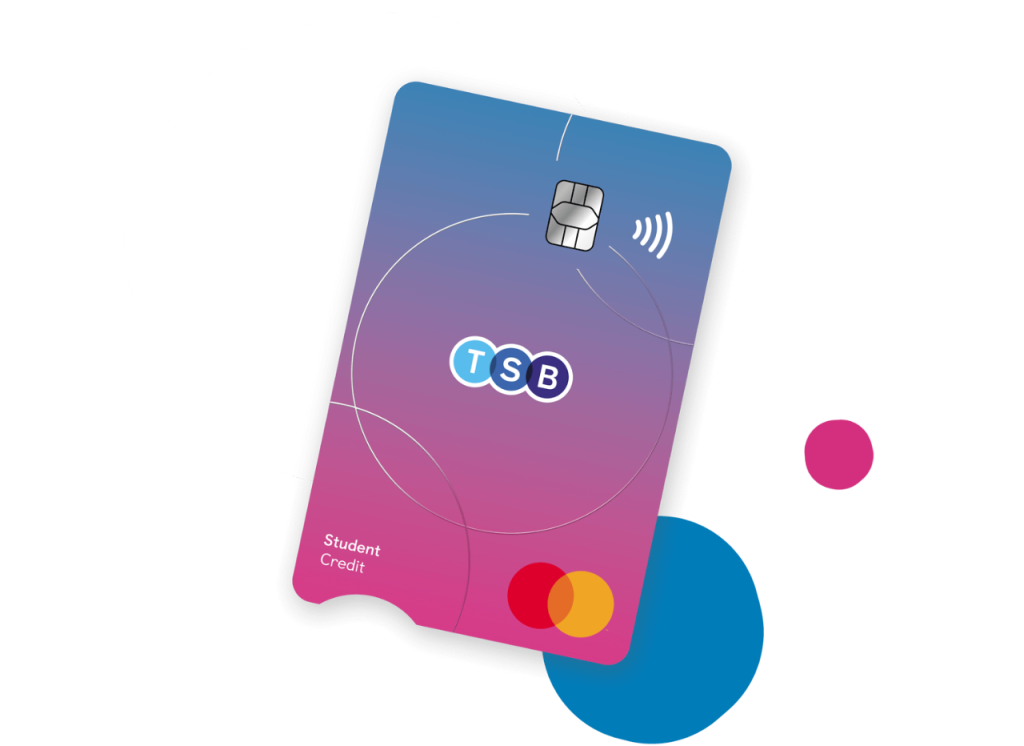Student credit cards can be a fantastic financial tool for young adults trying to build credit while managing their expenses. They often come with low credit limits, less fees, and tailored benefits to support students with their very unique financial needs. However, choosing the right card requires careful consideration of interest rates, rewards, and eligibility criteria.
In this guide we explore the best student credit cards available in the UK in 2025, to help students like you make informed decisions that will benefit your financial future.
Key Takeaways
- Student credit cards help young adults build credit while managing expenses, offering lower credit limits, fewer fees, and tailored benefits.
- Choosing the right card requires comparing interest rates, rewards, and eligibility criteria to ensure it meets financial needs.
- Responsible usage can improve credit history, teach financial management skills, and provide access to better financial products in the future.
- Top student credit cards in the UK for 2025 include HSBC, TSB, and NatWest, each offering unique perks like cashback and discounts.
- Key factors when selecting a student credit card include APR, credit limits, fees, and eligibility requirements to avoid unnecessary costs.
What are Student Credit Cards?
A student credit card is a credit card designed specifically for students over the age of 18. As mentioned in the previous section, these cards tend to have lower credit limits and more lenient eligibility requirements compared to standard credit cards. They are meant to help you build your credit history in a manageable way while offering you features like interest-free periods and generous cashback rewards.
Banks issue these cards to students with a proven income of some sort or a student bank account. However, they still require you to be responsible with the card’s usage to avoid debt accumulation and potential damage to credit scores.
Importance of Building Credit Early
Establishing a solid credit history as a student is imperative for future financial milestones. A good credit score can make it easier to secure loans of any type, mortgages, and even rental agreements in the future. Responsible credit card usage can demonstrate financial reliability to lenders and it might make your life easier or more complicated depending on where you stand.
Using a student credit card wisely can:
- Build a positive credit history by making timely payments.
- Teach essential financial management skills.
- Provide access to emergency funds when needed.
- Help qualify for better financial products later in life.
Misusing a credit card, missing payments or maxing out the credit limit—will have the opposite effect, leading to serious financial difficulties and a bad credit score.
Top Student Credit Cards in the UK for 2025
HSBC Student Credit Card

Key Features
- Credit Limit: Up to £500
- Interest Rate: 18.9% APR.
- Fees: No annual fee.
- Rewards: Access to HSBC’s student perks and discounts.
- Interest-Free Period: 56 days.
Pros and Cons
✔️ Pros:
- Competitive interest rates for students.
- No annual fee.
- Helps build credit with responsible usage.
❌ Cons:
- Low credit limit may not be sufficient for all expenses.
- Requires an HSBC student account to apply.
TSB Student Credit Card

Key Features
- Credit Limit: Up to £500.
- Interest Rate: 21.9% APR.
- Fees: No annual fee.
- Rewards: Cashback offers on select purchases.
- Interest-Free Period: 56 days.
Pros and Cons
Pros:
- Simple eligibility criteria for students.
- Cashback offers on select spending categories.
- No annual fee.
Cons:
- Higher interest rate compared to competitors.
- Limited credit limit for those with higher expenses.
NatWest Student Credit Card

Key Features
- Credit Limit: Up to £500.
- Interest Rate: 18.9% APR.
- Fees: No annual fee.
- Rewards: Discounts and deals with retailers.
- Interest-Free Period: 56 days.
Pros and Cons
Pros:
- Competitive interest rate.
- No annual fee.
- Additional perks and discounts.
How to Choose the Right Student Credit Card
Here are some of the most important factors to consider before taking that step:
Interest Rates (APR)
The annual percentage rate (APR) represents the cost to borrowing on a credit card if the balance isn’t paid in full each month. Student credit cards often have higher APRs due to the limited credit history of applicants and the risk of lending to students. Comparing APRs can help determine the most cost-effective option for long-term use.
Credit Limits
As you know by now, student credit cards usually have lower credit limits, typically ranging from £250 to £500. A higher limit offers more flexibility, but it also increases the risk of overspending and misusing the card. It’s essential to choose a card with a manageable limit to avoid excessive debt.
Fees and Charges
While most student credit cards have no annual fees, other charges may apply, such as late payment fees, cash withdrawal fees, and foreign transaction fees. Reviewing these costs helps you assess whether it is a good card or pick a better option.
Rewards and Benefits
Some student credit cards offer cashback, discounts, or rewards points for everyday spending. These perks can add value, but they shouldn’t be the sole reason for choosing a card. Prioritising low fees and manageable repayment terms is more beneficial in the long run.
Eligibility Criteria for Student Credit Cards
Age and Residency Requirements
Applicants must typically be at least 18 years old and a UK resident to qualify for a student credit card. Some providers may also require proof of address and residency status.
Income and Employment Status
Although student credit cards do not require full-time employment, some lenders may request proof of income, such as part-time job earnings or student maintenance loans, to assess repayment capability.
Student Status Verification
Banks often require applicants to prove they are enrolled in a university or higher education institution. This can be done through student ID, university acceptance letters, or a student bank account.
Application Process
Steps to Apply
Research and Comparison
Before applying, students should compare different credit cards, focusing on interest rates, credit limits, and additional perks. Reading terms and conditions ensures a clear understanding of the financial commitment.
Preparing Necessary Documents
Applicants typically need to provide proof of identity (passport or driving licence), proof of student status, proof of address, and sometimes financial statements showing income or student loans.
Submitting the Application
Applications can usually be completed online, in-branch, or over the phone. Most banks conduct a soft credit check initially, which won’t affect the applicant’s credit score, followed by a hard credit check if the application progresses.
Tips for Approval
- Ensure all information provided is accurate and up to date.
- Apply for a card suited to current financial circumstances to increase approval chances.
- Avoid multiple applications at once, as too many hard credit checks can lower credit scores.
- Maintain a student bank account with the provider to improve eligibility.
Managing Your Student Credit Card Responsibly
Budgeting and Spending Tips
- Set a monthly spending limit to avoid unnecessary debt.
- Use the credit card only for essential purchases.
- Track expenses regularly to maintain financial control.
Understanding Minimum Payments
Paying only the minimum each month can lead to long-term debt. It’s advisable to pay off the full balance whenever possible to avoid high interest charges.
Avoiding Common Pitfalls
- Missing payments can damage your credit score.
- Cash withdrawals on a credit card often incur high fees.
- Overspending beyond your means can lead to financial difficulties.
Alternatives to Student Credit Cards
Student Overdrafts
Many student bank accounts offer interest-free overdrafts, providing a flexible borrowing option without the risks of credit card interest rates.
Secured Credit Cards
A secured credit card requires a cash deposit, making it easier for students with limited credit history to qualify.
Prepaid Cards
Prepaid cards allow controlled spending as they must be loaded with funds before use, preventing debt accumulation.
Final Thoughts
A student credit card can be a useful financial tool when managed responsibly. By understanding the terms, making timely payments, and keeping spending in check, students can build a strong financial foundation for the future, and eventually you might get access to some of the most premium cards such as the American Express Platinum.

